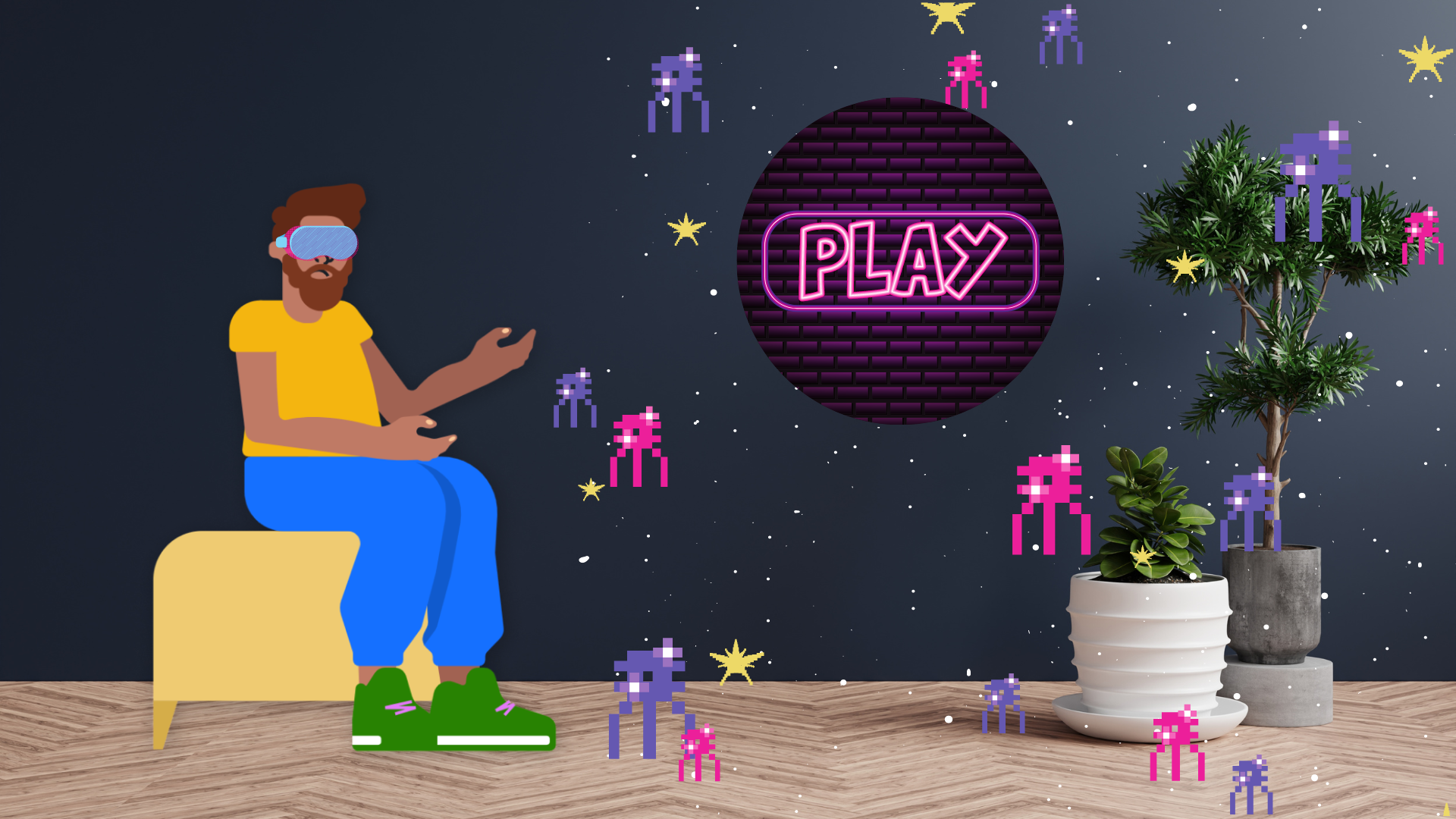Using VR to Address Anxiety and Depression with IBD
Living with an inflammatory bowel disease (IBD) like Crohn’s or ulcerative colitis often means coping with anxiety and depression in addition to physical symptoms. The unpredictable, recurring flares can take a significant mental health toll.

Living with an inflammatory bowel disease (IBD) like Crohn’s or ulcerative colitis often means coping with anxiety and depression in addition to physical symptoms. The unpredictable, recurring flares can take a significant mental health toll.
Virtual reality (VR) is emerging as an effective tool not only for pain distraction, but also for addressing the anxiety and depression commonly associated with IBD.
How VR Reduces Anxiety
Many VR apps are designed specifically to induce relaxation and provide peaceful experiences that counter anxiety. Guided mindfulness meditation in VR significantly lowers stress.
Relaxing nature scenes promote calming breathing. Distraction from disturbing thoughts via immersive VR worlds decreases anxious rumination. Studies show VR sessions meaningfully improve anxiety levels long-term for chronic disease patients.
Overcoming Depression with VR
Depression often stems from feeling isolated, helpless, and confined. VR helps surmount those feelings by enabling immersive travel, recreation, and social experiences from home.
Active VR games improve motivation and energy levels. Creating in VR boosts self-confidence and purpose. Multiplayer VR connects users to joyful social interactions.
By expanding experiences, VR gives an uplifting sense of control over one’s health condition.
Optimising VR for Mental Health
To best support IBD mental health, experts recommend using VR relaxation and mood-boosting apps at least 3-5 times per week for 20-30 minutes. Combining VR with counseling and antidepressants can boost outcomes.
Starting VR early when symptoms first appear prevents worsening. Tracking mood before and after VR sessions helps gauge effectiveness. Prioritising VR mental health benefits ensures an improved outlook even during difficult IBD flares.
VR cannot cure Crohn’s or colitis, but it can make life with IBD significantly more mentally manageable. Virtual worlds provide a safe space for emotions overwhelmed by the disease.
VR has the power to meaningfully improve anxiety, depression, and quality of life for IBD patients.



